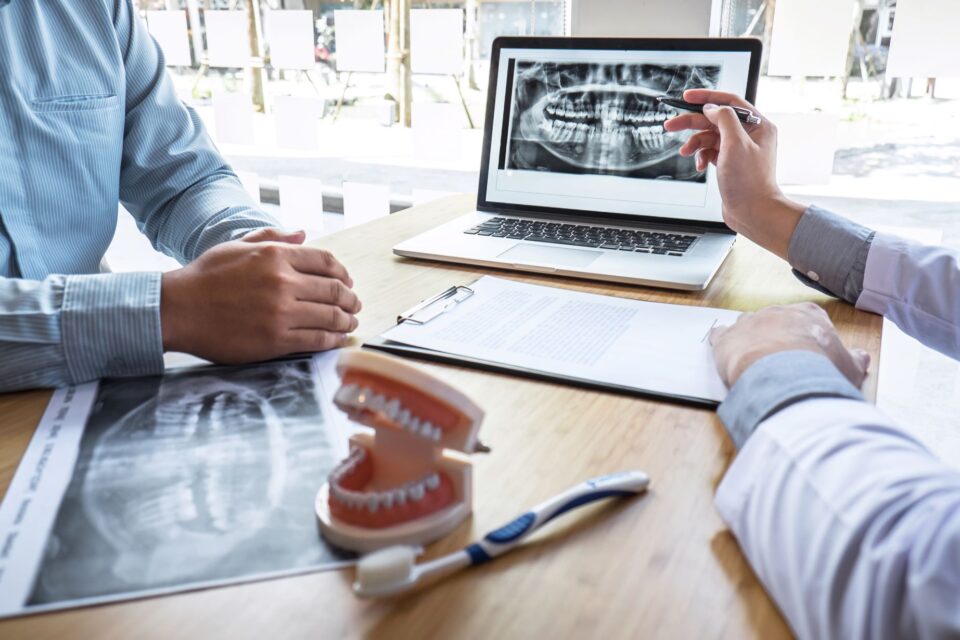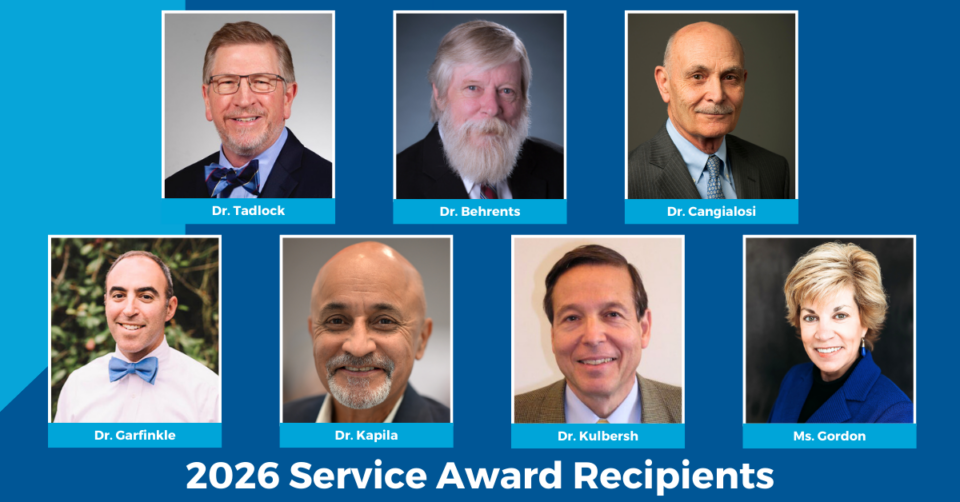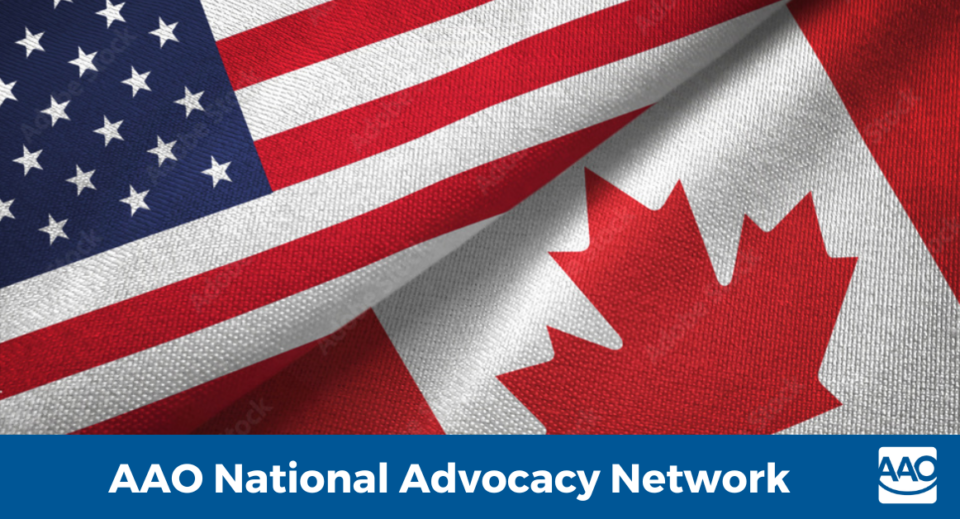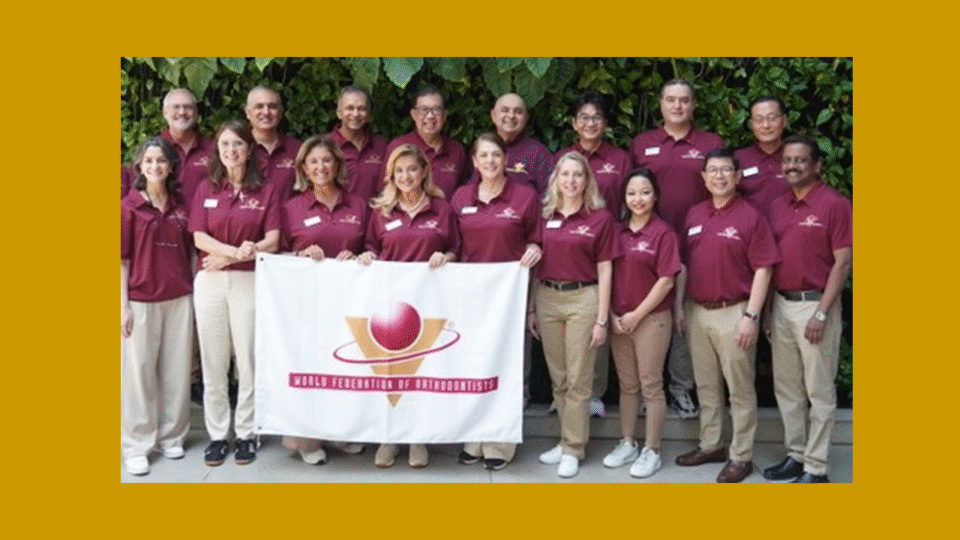Oklahoma has become the seventh state to require an in-person examination before the start of orthodontic treatment, joining a growing list of states to adopt this important patient safety measure. Backed by continued AAO Advocacy leadership and AAO member grassroots engagement, similar requirements are already in place in Nevada (2023), Florida (2024), Illinois (2024), Utah (2025), West Virginia (2025), and Georgia (2025).
The AAO worked in collaboration with the Oklahoma Board of Dentistry to support and amend Senate Bill 669. Among other provisions, SB669 requires all patients receiving orthodontic treatment to have an in-person exam with a dental professional prior to beginning treatment. This is a meaningful step to better protect the health and wellness of all Oklahoma residents seeking orthodontic care.
The bill including AAO’s in-person examination amendment passed unanimously in the Senate by a vote of 43-0 before passing the House of Representatives by a vote of 82-0.
The bill will take effect on January 1, 2026. The AAO will remain engaged throughout the rulemaking and implementation of this law. This legislation is a win for patients and providers alike in Oklahoma, safeguarding quality care and informed treatment decisions.
This patient safety success is the result of the combined efforts of AAO Advocacy and AAO member grassroots action. The AAO extends special thanks to members in Oklahoma who took action throughout the legislative process. Financial support from the AAO Component Legal Support Fund played a pivotal role in this advocacy success by enabling the hiring of local in-state counsel, Capital Plus Consultants.
The AAO Advocacy team acted swiftly in response to the introduction of HB2899, a teledentistry bill in Oklahoma the AAO could not support. AAO Vice President of Advocacy Nathan Mick explains:
“The original version of HB2899 posed serious concerns for patient health and safety, yet it quickly gained momentum among Oklahoma House and Senate leadership. Our AAO Advocacy team moved decisively to play defense against HB2899 while simultaneously advancing a proactive strategy, successfully securing an in-person examination requirement amendment inside alternative legislation (SB669) to better protect patients in Oklahoma.”
Why this matters nationwide: State lawmakers often look at similar laws in other states when developing their own legislation. Oklahoma’s passage of SB669 strengthens national momentum around policies that put patient health and safety first and could inspire additional states to adopt similar protections.
Interested in helping advocate for similar legislation in your state? Get involved with the National Advocacy Network.
As the AAO continues advancing policy priorities in Washington, D.C. and across the states, consider supporting AAO Advocacy efforts. You can make your contribution celebrating AAO’s 125th anniversary at AAOPAC.org using the email address associated with your AAO membership.
Together, our grassroots network and AAOPAC supporters continue to make a lasting difference for AAO policy priorities nationwide.



